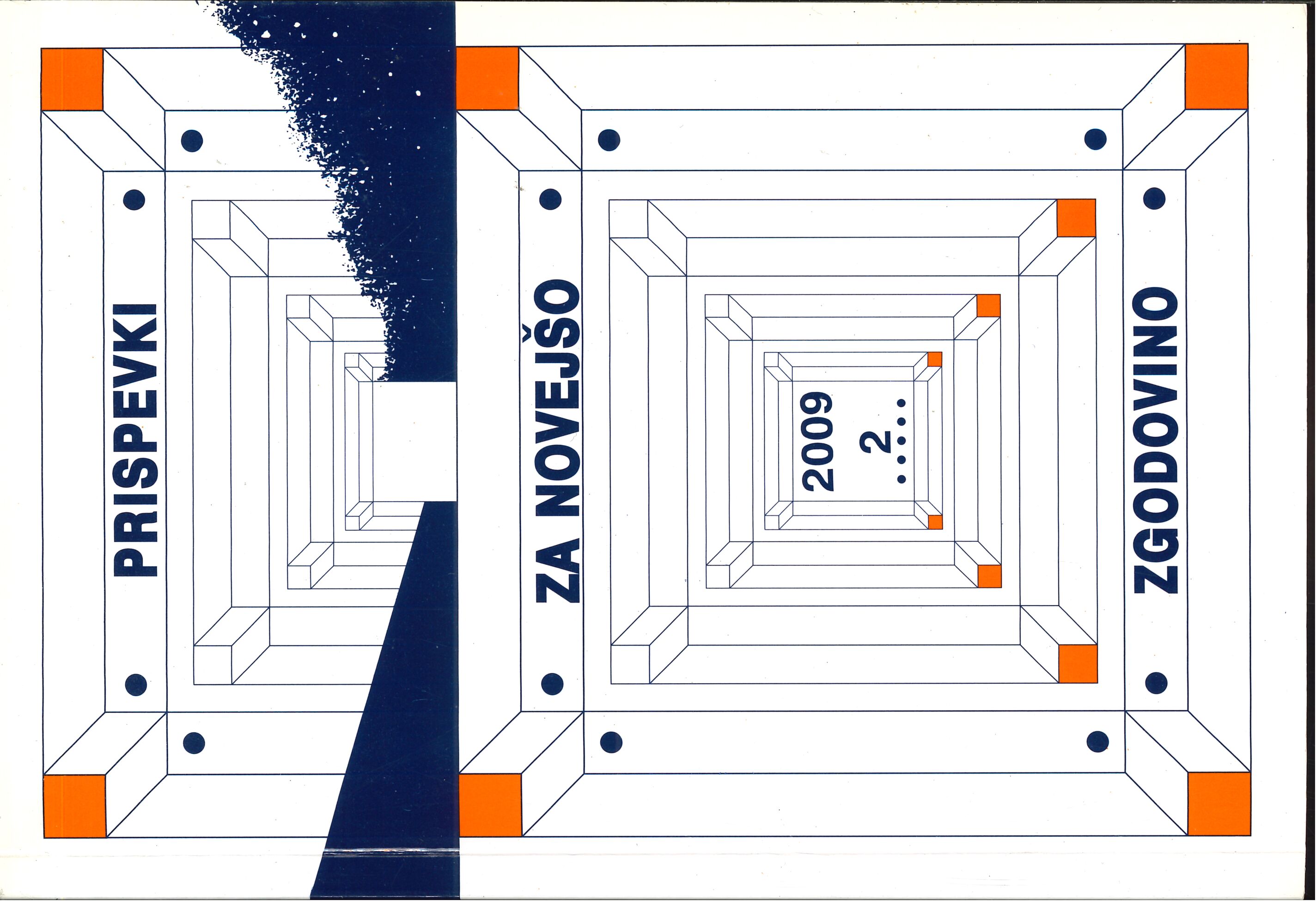"The Whole Loan ofthe Ljubljana City Savings Bank Pocketed by Shareholders and lost in other Wrongful Ways." Ljubljana City Savings Bank and the Decline ofKarel Pollak Industrial Joint-stock Company
Keywords:
economy, financial business, savings banks, Ljubljana Savings and Lending Institution, Ljubljana City Savings Bank, crediting of industry, entrepreneurship, Karel Pollak, leather industry, Great DepressionAbstract
This year it is the 120'h anniversary of the establishment of Mestna hranilnica ljubljanska (Ljubljana City Savings Bank). On the basis of the archives of this monetary institution, the author of the following contribution explores the previously unknown event, never mentioned before in the historical overviews published to date, of the crediting of the major leather industry joint-stock company Karel Pollak in the period between both World Wars. The discussion focuses on the dynamics of the business relationships between the creditor and borrower with the emphasis on the increasingly tense relations in the time when the In the middle of 1920s the Ljubljana City Savings Bank granted a mortgage credit to the family joint-stock leather industry company Pollak in the amount of 25 million dinars, which was extremely generous for the circumstances of that time. The issue was not problematic until the Great Depression, which affected the Pollak leather company severely. A two-year conflict ensued between the City Savings Bank and this company, during which the owners of the company resorted to many dirty and unethical business moves. The dispute concluded with the bankruptcy of the Pollak joint-stock company and the takeover of its factories, carried out by the City Savings Bank. However, the consequences of the granting of this credit did not only affect the Pollak family - the Ljubljana City Savings Bank also suffered considerable financial losses.
Downloads
Published
Issue
Section
License
Authors who publish with this journal agree to the following terms:
- Authors retain copyright and grant the journal right of first publication with the work simultaneously licensed under a Creative Commons Attribution License that allows others to share the work with an acknowledgement of the work's authorship and initial publication in this journal.
- Authors are able to enter into separate, additional contractual arrangements for the non-exclusive distribution of the journal's published version of the work (e.g., post it to an institutional repository or publish it in a book), with an acknowledgement of its initial publication in this journal.
- Authors are permitted and encouraged to post their work online (e.g., in institutional repositories or on their website) prior to and during the submission process, as it can lead to productive exchanges, as well as earlier and greater citation of published work (See The Effect of Open Access).


